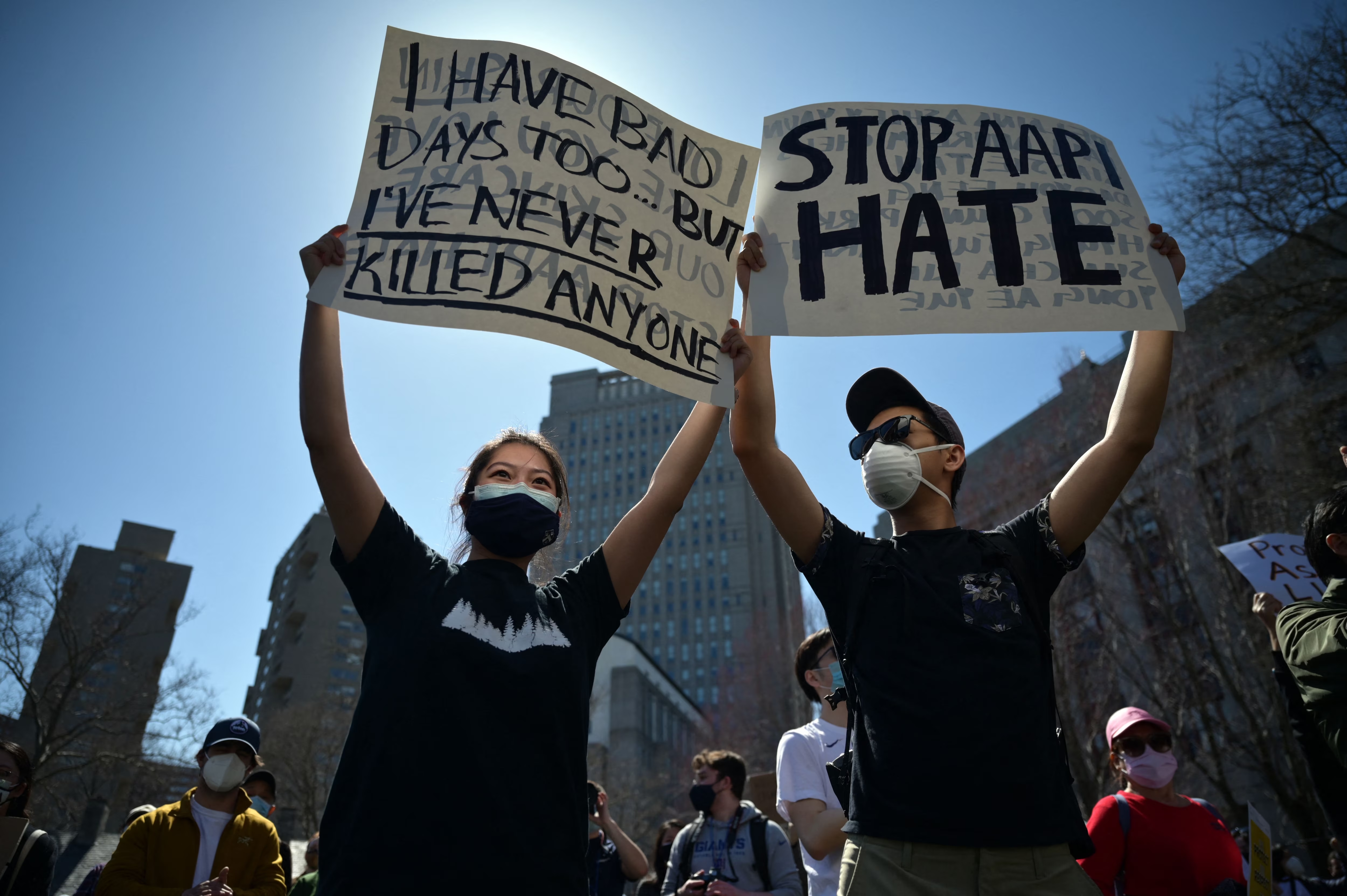The Stop Asian Hate movement emerged as a response to the alarming rise of anti-Asian sentiment and violence in the United States, particularly in the wake of the COVID-19 pandemic. The movement seeks to combat the longstanding history of discrimination against Asian Americans while calling attention to the surge of hate crimes, xenophobia, and scapegoating that escalated during this global health crisis. With its roots in centuries of systemic racism, the Stop Asian-American Hate movement is not just about the present, but also about addressing deep-seated issues that have marginalized Asian-American communities for generations.
The catalyst for the movement was the pandemic’s association with China, as rhetoric from public figures and media outlets fueled dangerous stereotypes. Terms like the “Chinese virus” and “kung flu” led to a rise in verbal harassment, physical attacks, and even deadly violence against Asian Americans. According to Stop AAPI Hate, an organization dedicated to tracking hate incidents, over 9,000 incidents were reported in 2020 and 2021, although many more likely went unreported. High-profile cases, such as the deadly shooting at three Atlanta-area spas in 2021, where six of the eight victims were Asian women, highlighted the severity of this crisis and brought national attention to the movement.
In response, Asian-American activists, organizations, and allies began mobilizing to demand change. Protests erupted in cities across the country, with demonstrators calling for justice, awareness, and solidarity with Asian-American communities. Social media campaigns, such as #StopAsianHate, helped raise awareness and amplified stories of those affected by violence and racism. These efforts also prompted discussions around the complex, often overlooked, history of anti-Asian racism in America, including the Chinese Exclusion Act of 1882, Japanese internment during World War II, and the perpetual “model minority” myth.
The movement has also inspired significant political action. In May 2021, President Joe Biden signed the COVID-19 Hate Crimes Act, which aimed to expedite the review of hate crimes and make it easier for individuals to report incidents of violence. This legislative step was a victory for the movement.
The Stop Asian Hate movement is not only a fight for justice and safety but also a demand for visibility and recognition. It underscores the need for cross-community solidarity in combating all forms of racism and prejudice, striving toward an America where all marginalized groups can live without fear of hate or discrimination.

